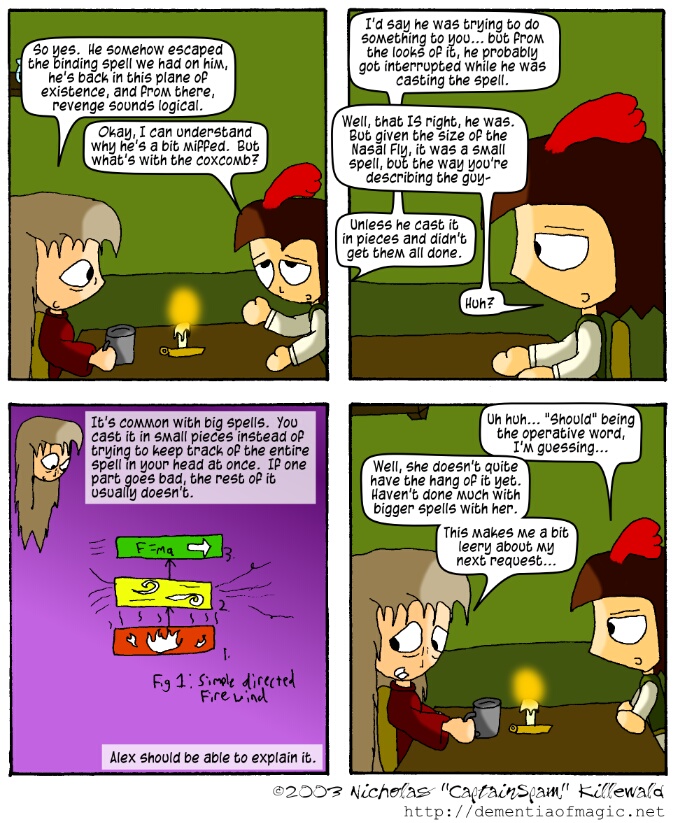
The idea is a simple one: Break a large problem into smaller chunks and deal with it that way. In the case of magic, it more often than not involves separate "pieces" or "layers" of the spell's components. Each of these layers are, in effect, cast individually, kept juggled in the caster's concentration, and later combined with the other layers to produce the full spell.
This has obvious advantages. If one layer of the spell fails for whatever reason, the other layers may not be destroyed and may even be recoverable. Also, for many mages, keeping track of smaller spells is easier than keeping track of one big spell. Of course, it does require being able to keep track of all those little spells at once, so it does take a bit of training to do properly.